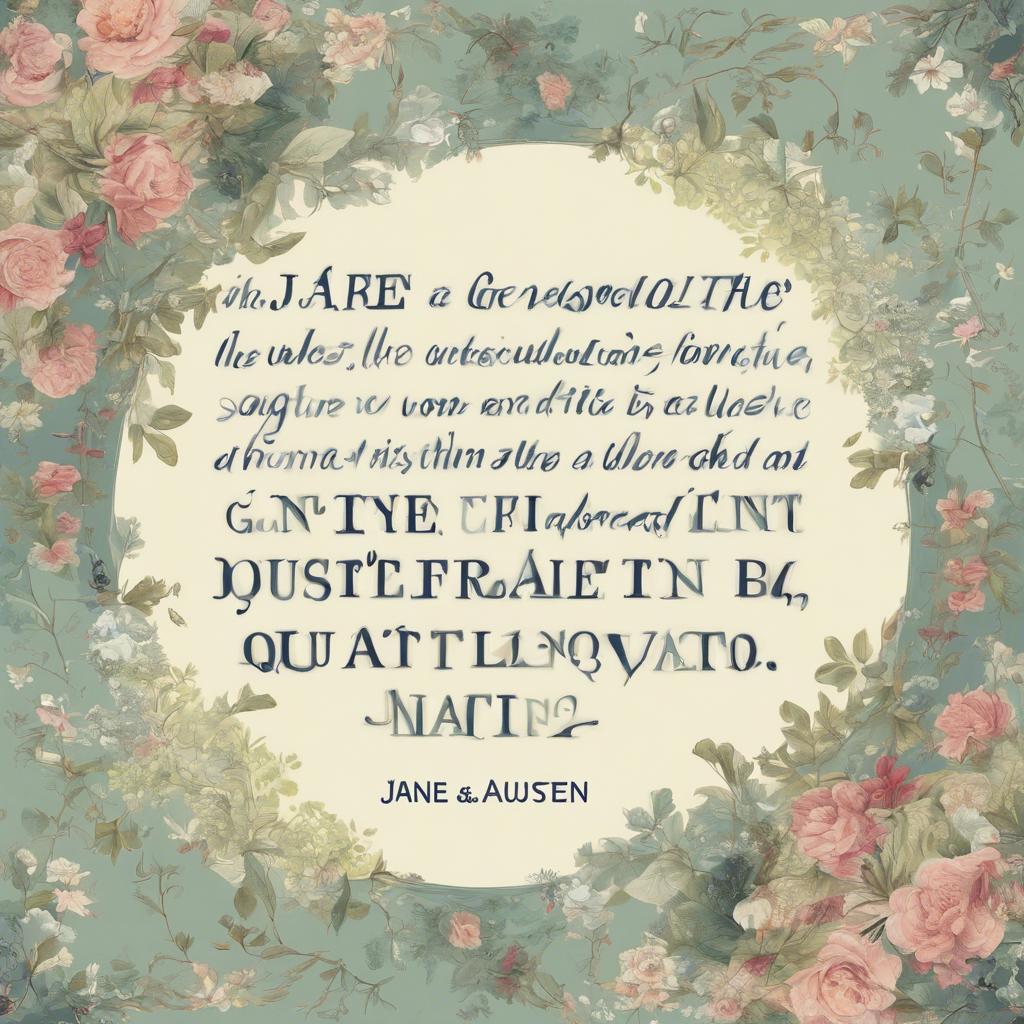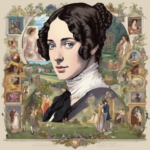Jane Austen, often regarded as one of the most influential English novelists of the 19th century, continues to captivate readers with her timeless and insightful writings. Her novels are filled with memorable characters, witty dialogue, and keen observations of society. In this article, we will explore some of the most iconic quotations from Jane Austen’s works and delve into the historical context behind them. Join us on a journey through the words of this literary icon and discover why her work remains as relevant today as it was over two centuries ago.
Step Into the World of Cheryl Bolen
Dive into the enchanting stories of love, intrigue, and elegance set in the Regency Era. Cheryl Bolen's novels offer timeless romance and captivating tales that will leave you wanting more.
Explore Cheryl Bolen's Books Now
Heading 1: Unveiling the Timeless Wisdom in Jane Austens Quotations
Jane Austen’s timeless wisdom shines through in her quotable words that continue to resonate with readers across generations. From matters of the heart to societal norms, her quotes offer a glimpse into the complexities of human relationships and the societal pressures of her time.
One of Austen’s most famous quotes, “It is a truth universally acknowledged, that a single man in possession of a good fortune, must be in want of a wife,” speaks to the societal expectations and pressures faced by both men and women in the Regency era. This quote from Pride and Prejudice encapsulates the theme of marriage and social status that permeates much of Austen’s work.
Through her wit and insight, Jane Austen’s quotes offer valuable lessons on love, relationships, and human nature. Whether you’re a devoted fan of her novels or a newcomer to her work, delving into her quotations can provide a deeper understanding of the timeless themes that continue to captivate readers around the world.
Heading 2: Exploring the Intricacies of Social Commentary in Austens Quotes
In exploring the intricacies of social commentary in Jane Austen’s quotes, one cannot help but be mesmerized by the timeless relevance of her words. Austen’s keen observations on the social norms and customs of her time still resonate with readers today, shedding light on the complexities of human interactions and societal expectations.
One of Austen’s most famous quotes, “It is a truth universally acknowledged, that a single man in possession of a good fortune, must be in want of a wife,” encapsulates the societal pressures faced by both men and women during the Regency era. This quote not only satirizes the emphasis placed on marriage and wealth but also highlights the limited options available to women in terms of financial independence and social status.
Through her witty and astute observations, Austen subtly critiques the patriarchal and class-based society in which she lived. Her quotes serve as a window into the social hierarchy, gender roles, and power dynamics of the time, prompting readers to reflect on the parallels that can be drawn to contemporary society.
Heading 3: Applying Jane Austens Words of Wit and Wisdom in Modern Life
Jane Austen’s words of wit and wisdom may have been written in the 19th century, but they still hold true in modern life. Her timeless insights into human nature, relationships, and society continue to resonate with readers today. Here are some of her most famous quotations that can offer guidance and inspiration in navigating the complexities of contemporary life:
On Love and Relationships:
- “There is nothing I would not do for those who are really my friends. I have no notion of loving people by halves, it is not my nature.” - Jane Austen, Northanger Abbey
- “A lady’s imagination is very rapid; it jumps from admiration to love, from love to matrimony in a moment.” – Jane Austen, Pride and Prejudice
On Society and Etiquette:
- “Selfishness must always be forgiven, you know, because there is no hope of a cure.” – Jane Austen, Mansfield Park
- “Vanity and pride are different things, though the words are often used synonymously. A person may be proud without being vain.” – Jane Austen, Pride and Prejudice
Heading 4: The Impact of Jane Austens Language and Style on Literary Criticism
Jane Austen’s language and style have had a profound impact on literary criticism throughout the years. Her use of wit, irony, and social commentary has made her works a staple in the world of literature. Austen’s ability to craft realistic characters and intricate plots has solidified her place as one of the most influential authors in English literature.
One of the most famous quotes from Jane Austen comes from her novel Pride and Prejudice: “It is a truth universally acknowledged, that a single man in possession of a good fortune, must be in want of a wife.” This quote not only sets the tone for the novel but also showcases Austen’s sharp wit and keen observation of societal norms. Another iconic quote comes from Sense and Sensibility: “The more I know of the world, the more I am convinced that I shall never see a man whom I can really love.” This quote highlights Austen’s exploration of love, relationships, and the constraints placed on women during the Regency era.
Jane Austen’s language and style continue to captivate readers and scholars alike. Her timeless themes of love, class, and societal expectations resonate with audiences of all ages. As we delve deeper into Austen’s works, we uncover layers of complexity and meaning that have solidified her status as a literary giant. Through her precise language and incisive wit, Austen continues to shape the way we analyze and interpret literature today.
In Summary
the timeless wisdom and wit of Jane Austen continue to captivate and resonate with readers across the globe. Through her meticulously crafted characters and poignant observations, Austen’s words continue to enlighten and entertain, serving as a beacon of inspiration in the world of literature. As we reflect on her enduring legacy, we are reminded of the enduring power of language and the profound impact it can have on our lives. Let us continue to cherish and celebrate the words of Jane Austen, for they are truly a gift that transcends time and space.


